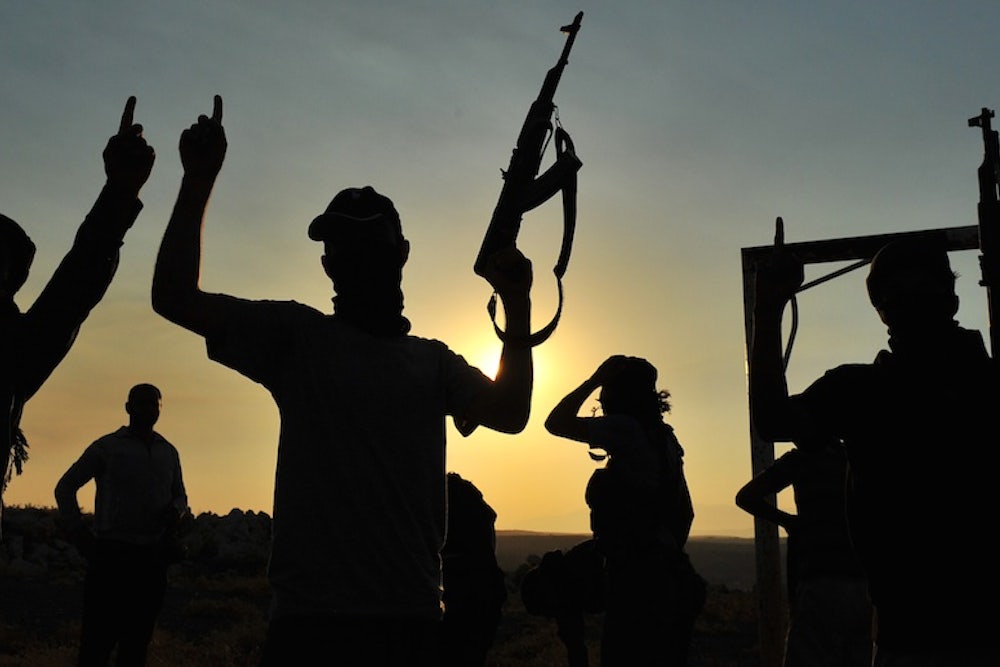There was, in the parlance of the Obama administration, nothing good about the Iraq War—just as in Iraq today there are no good options, only moral ambiguities and the danger of another quagmire. But there was some good in Iraq, and in the Yazidi people now being pursued into the mountains of Nineveh Province by wild killers, there was even something pure.
The Yazidi, a tiny sect probably as old as the biblical province its members call home, have nearly been wiped out on dozens of occasions, by dozens of persecutors, and yet they survive. During the Iraq War, they turned to the Americans for protection, and the Americans turned to them for all manner of support. (The Yazidi supplied a disproportionate number of interpreters to the U.S. Army.) For this, the insurgents slaughtered the Yazidi, killing 500 on a single day in 2007. Whenever I would visit their ancestral home in the town of Sinjar, they would plead for stepped-up assistance from Washington.
The Yazidi need that assistance, and they need it today. For an administration that famously prefers to achieve its desired results abroad through suasion rather than brute force, this presents a conundrum. It should not. Whatever it makes of this truth, the Obama team finds itself in command of a military juggernaut. The U.S. Air Force has the means to, first and urgently, provide air cover to the starving Yazidi. And then to keep them alive with air drops of food and medical supplies.
By way of explanation, I am posting below a portrait of Sinjar that I wrote in 2006.
The surest way to map Iraq's ethnic and sectarian fault lines is by how quickly a U.S. helicopter flies over them. Choppers race over Sunni areas, nearly sideways to the ground in some places. But, a few miles outside of the town of Sinjar by the Syrian border, the Blackhawks slow to a leisurely speed: Yezidi live below. These ancient people, who number in the thousands and consider themselves neither Christian nor Muslim, cherish their occupiers. Yezidi party leader Waad Hamed Modo greets me in a Sinjar courtyard with his own testimonial. "I met recently with Sunnis in Baghdad," he says. "They told me, 'You Yezidi are collaborators.' I said to them, 'That's right--we are collaborators.'" Colonel Sean MacFarland, commander of the First Armored Division's First Brigade Combat Team (1-1AD) says that Sinjar "feels like Paris in 1944." Parents and children line the streets when U.S. patrols pass by, while Yezidi clerics pray for the welfare of U.S. forces. More even than Paris, in fact, Sinjar feels like Iraq as Dick Cheney predicted it would be.
Read the rest of "Devil's Advocates" here.
